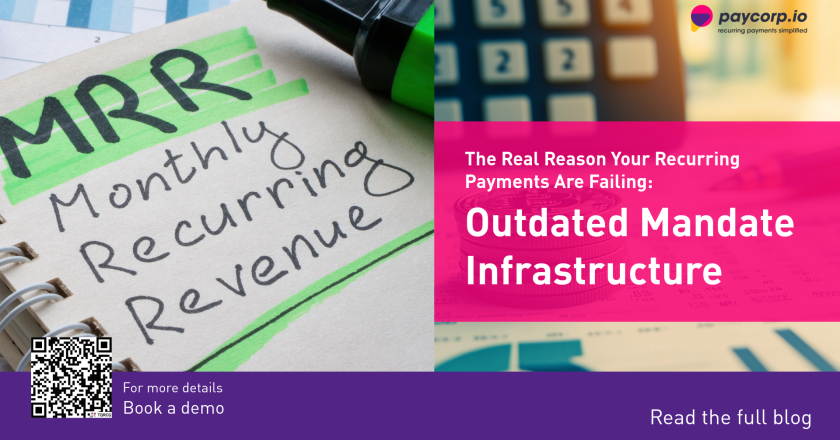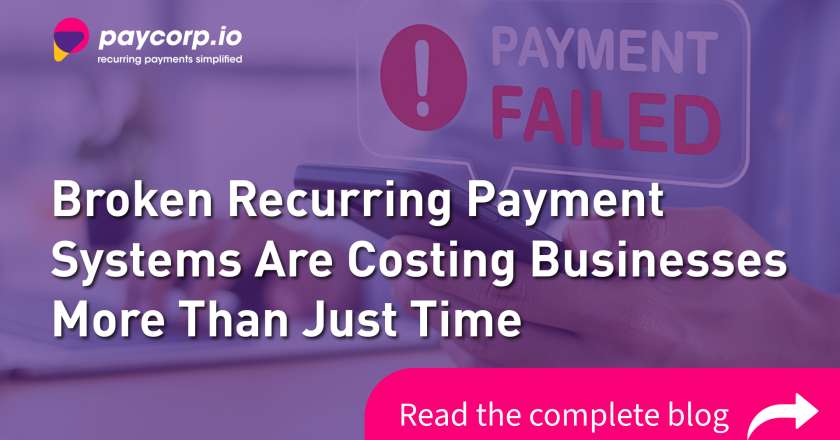Recurring payments have redefined how businesses collect money from EMIs and insurance premiums to OTT subscriptions and SaaS renewals.Whether it’s powered by NACH E Mandates, or UPI Autopay Mandate, automation has simplified collections and improved efficiency in terms with security in Recurring Payments But the one factor that determines its success is security.Without secure infrastructure, even the most advanced Recurring…






